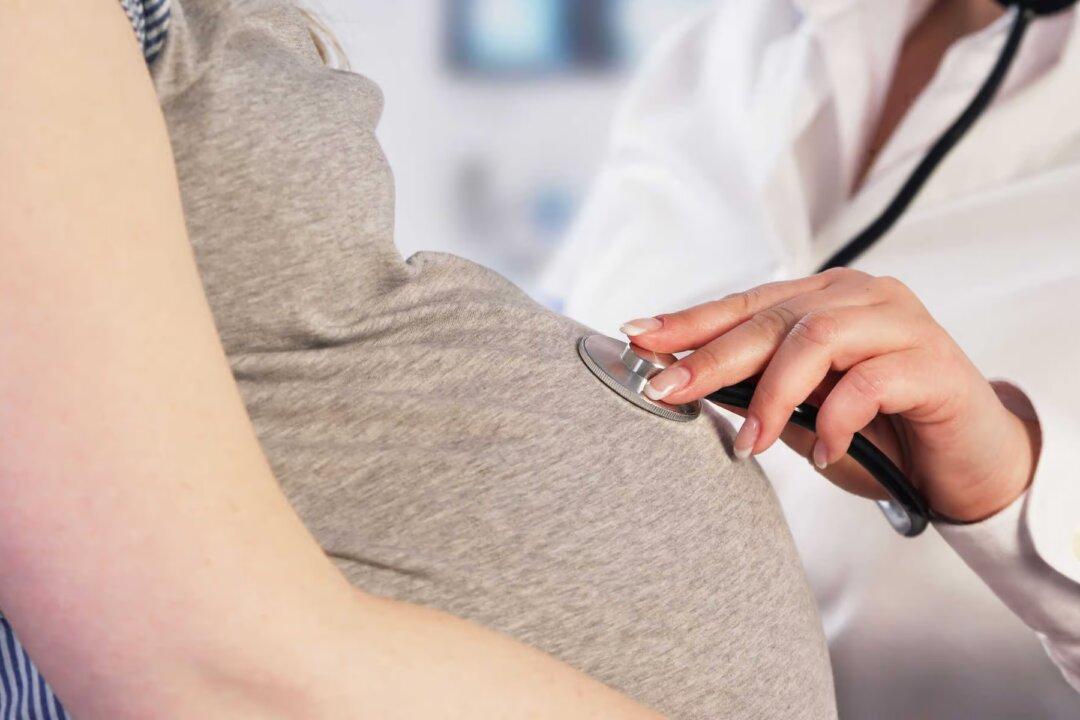Women who suffer adverse childhood experiences have a higher possibility of developing complications during pregnancy, a study has suggested.
Researchers from the University of Queensland found these women have a 37 percent higher risk of pregnancy complications such as gestational diabetes mellitus (GDM), hypertensive disorder of pregnancy (HDP), excess gestational weight gain and depression and anxiety.




